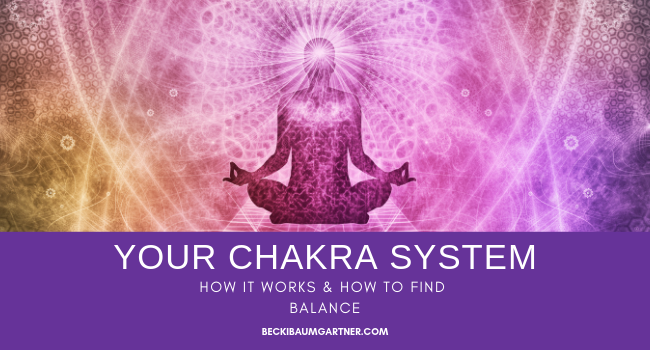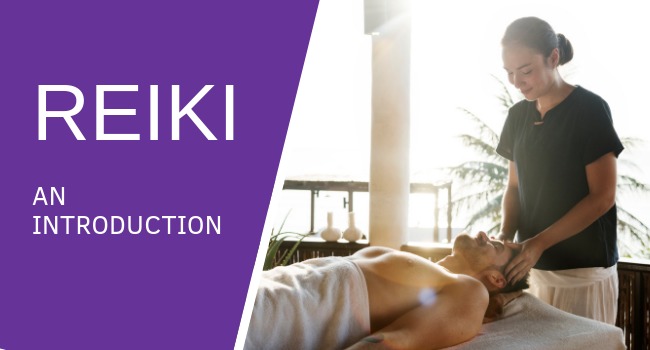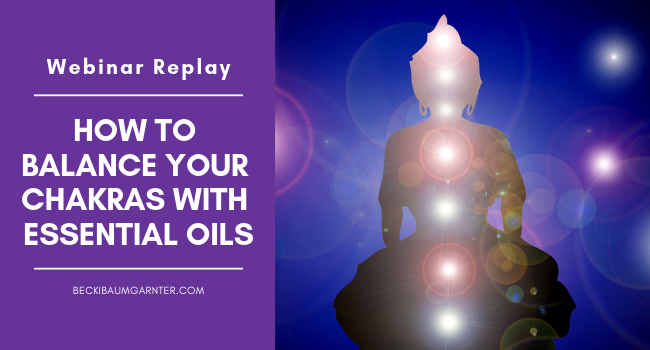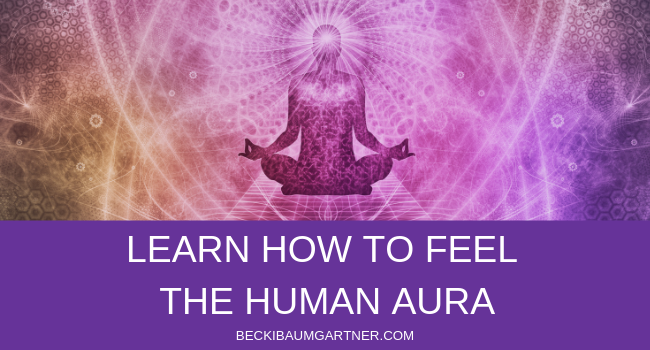What is The Chakra System?
The chakra system is a concept from Hinduism and Buddhism that refers to seven energy centers in the body that are believed to be interconnected and aligned along the spine.
Each chakra is associated with specific physical, emotional, and spiritual functions.
They are linked to different aspects of our life, such as our creativity, intuition, emotions, and relationships.
The seven chakras are:
- Root Chakra (Muladhara): located at the base of the spine, associated with survival instincts, grounding, and stability.
- Sacral Chakra (Svadhisthana): located just below the navel, associated with creativity, sexuality, and emotions.
- Solar Plexus Chakra (Manipura): located in the stomach area, associated with personal power, confidence, and self-esteem.
- Heart Chakra (Anahata): located in the chest, associated with love, compassion, and relationships.
- Throat Chakra (Vishuddha): located in the throat, associated with communication, self-expression, and authenticity.
- Third Eye Chakra (Ajna): located between the eyebrows, associated with intuition, wisdom, and spiritual insight.
- Crown Chakra (Sahasrara): located at the top of the head, associated with spiritual connection, enlightenment, and unity consciousness.
The chakra system is often used in meditation, yoga, and other spiritual practices to balance and align these energy centers and promote overall well-being.
Why is It Important for The Chakras to Be in Balance?
It is essential for the chakras to be in balance because when they are blocked or overactive, it can cause physical, emotional, and spiritual imbalances in the body.
When the chakras are in balance, the energy is believed to flow freely throughout the body, allowing us to feel more centered, grounded, and connected.
For example, an imbalance in the root chakra can lead to feelings of insecurity and anxiety, while an imbalance in the heart chakra can lead to difficulty in forming healthy relationships and feeling empathy towards others.
Similarly, an imbalance in the throat chakra can lead to difficulty expressing oneself or communicating effectively, while an imbalance in the third eye chakra can lead to feeling disconnected from one’s intuition and inner wisdom.
Balancing the chakras through meditation, yoga, essential oils, and energy healing can help us release any blockages or negative energy and bring our physical, emotional, and spiritual selves back into alignment.
By doing so, we can feel more grounded, centered, and connected to our true selves, leading to greater clarity, purpose, and fulfillment in our lives.
The Root Chakra (Chakra 1 – Red)
In Sanskrit, the root chakra is called Muladhara. It is located between the tailbone, and the genitals in an area medically termed the perineum.
It relates to our basic physical needs — safety, security, and survival. The root chakra, when functioning at optimum capacity, is the chakra that makes you feel “grounded.”
People with healthy root chakras feel connected to all around them—feel “one” with the planet, people, and all living creatures.
Certain activities can negatively affect your root chakra.
Things that alter your sense of security, such as financial distress, travel, and illness, can weaken your root chakra.
If your root chakra is underactive, you may experience low self-confidence, self-esteem, worry, sluggishness, and weight gain.
People with overactive root chakras are often preoccupied with money and shopping, and might be “control freaks.”
Physical exercise is an excellent method of balancing the root chakra.
Some activities that naturally balance this chakra are Tai Chi, walking in the woods, gardening, and yoga.
These work well because they relax the mind while strengthening the body—making you strong while at the same time accepting your body’s power and wisdom.
The Sacral Chakra (Chakra 2 – Orange)
In Sanskrit, the sacral chakra is called Svadhisthana and means sweetness.
It is located between the belly button and the sex organs.
This chakra controls your ability to experience pleasure and regulates your sense of taste, creativity, sexuality, and sensuality.
When properly balanced, the sacral chakra helps energy flow from the lower chakras up into the higher ones.
Major life issues and belief systems can negatively affect the sacral chakra. These include but are not limited to taboos, stress, and past sexual traumas.
If your sacral chakra is underactive, you will experience fear of pleasure, creative blocks, and sexual disinterest.
Problems like sexual and substance addiction/abuse are signs of an overactive sacral chakra.
Balancing the sacral chakra can be done by ensuring you experience a daily pleasure.
Creative stimulation, enjoying fine foods, healthy sex, intimacy, and dance are all excellent activities for balancing this chakra.
If one has experienced past emotional or physical trauma, therapy may be needed to bring the Sacral Chakra back into full balance.
The Solar Plexus Chakra (Chakra 3 – Yellow)
In Sanskrit, the solar plexus chakra is known as Manipura.
This means “lustrous gem.”
The solar plexus chakra is between the solar plexus and the belly button.
This chakra provides energy to follow your own unique path in the world.
Dynamic and charismatic people have well-balanced solar plexus chakras.
If your solar plexus chakra is overactive, you will be overly focused on things like wealth and power, or have issues with perfectionism.
Restorative baths, stretches, and backbends will help bring an overactive solar plexus chakra back into balance.
If this chakra is underactive, you will feel listless and passive.
This can be balanced by deep belly laughs, taking educated risks, and small acts of bravery.
Yoga poses that open up the stomach area can also help.
The Heart Chakra (Chakra 4 – Pink and Green)
In Sanskrit, the heart chakra is called Anahata.
This chakra is located in the area of your heart and forms the center of the entire chakra system.
It connects your basic needs (lower chakras) and your spiritual desires (higher chakras).
It controls your ability to love others, and love yourself as well.
If your heart chakra is underactive, you may feel like a martyr in your relationships and bury your emotions for fear of rejection.
If your heart chakra is overactive, you may experience jealousy or try to control loved ones.
The best way to balance your heart chakra is to experience love by maintaining healthy, fulfilling relationships.
Love and be loved.
Yoga poses that open the chest can also help balance this chakra.
The Throat Chakra (Chakra 5 – Blue)
In Sanskrit, the throat chakra is called Vishuddha, which means purity.
It is located at the base of your throat and controls your communication ability.
This chakra is closely tied with your sense of hearing, meaning you will be an excellent listener and a fantastic speaker when you have a balanced throat chakra.
If your throat chakra is overactive, you may have trouble concentrating when others talk.
You may also have trouble speaking too fast or talking too much.
If your throat chakra is underactive, you will have difficulty communicating and won’t be able to express your thoughts, needs, and desires.
Some excellent methods for balancing the throat chakra are maintaining purity in your lifestyle and diet, listening to music, and drinking enough water.
Yoga poses and moves that stretch the throat also help balance this chakra.
The “Third Eye” or Brow Chakra (Chakra 6 – Indigo)
In Sanskrit, the third eye chakra is known as Anja.
It is located at the center of the brow and helps you perceive life imaginatively and intuitively.
The third eye chakra controls your ability to visualize and fantasize, artistic creativity and perception, dreams, and the like.
People who are very insightful and/or are doing well in creative or therapeutic professions usually have very balanced third-eye chakras.
If your third eye chakra is overactive, you may experience headaches, nightmares, or lack of concentration.
You can balance an overactive third eye chakra with yoga, meditation, and sleep.
If your third eye chakra is sluggish, you may experience loss of memory, problems with your eyes, and trouble visualizing.
You can balance an underactive third eye chakra using positive visualization, dream journaling, meditation, yoga, and hypnosis.
The Crown Chakra (Chakra 7 – Violet, Gold, and White)
In Sanskrit, the crown chakra is called Sahasrara.
It is located at the top of the head and is a portal to spiritual enlightenment and infinite wisdom.
Great thinkers, artists, and visionaries most often have well-balanced crown chakras.
If your crown chakra is overactive, you may be over-intellectualizing, experience delusions of grandeur, and even be psychotic.
If your crown chakra is underactive, you may find it challenging to think for yourself, feel disconnected spiritually, or feel apathetic.
The best way to balance your crown chakra is through meditation.
It is also important to remember that for the crown chakra to operate at peak performance, all other chakras must be in proper alignment.
Source: Tolliver, G. (2005). Chakras Book. Philadelphia: Running Press.






